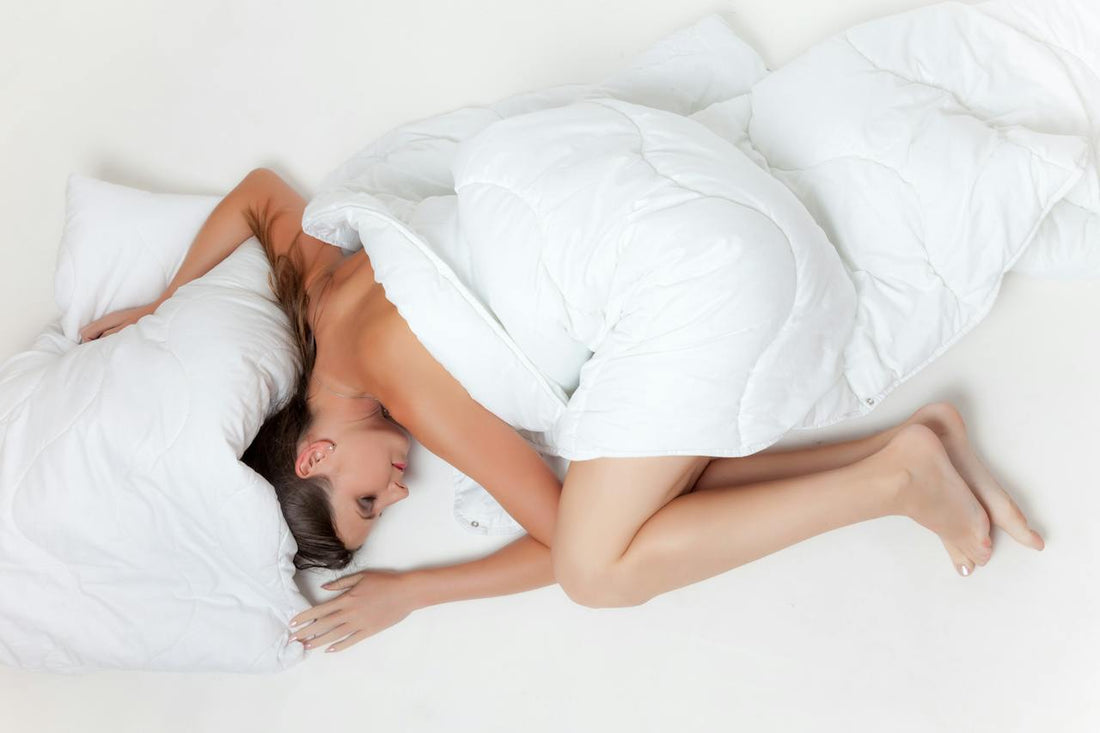
Sleeping Beauty: How Vitamins and Minerals Impact Your Sleep
Share
F. Scott Fitzgerald once said, “The worst thing in the world is to try to sleep and not to.” While this might seem like an exaggeration, anyone who has experienced insomnia can relate. Over 60 million Americans struggle with sleeplessness, and the temptation to reach for a quick fix like sleeping pills is high (NPR). But sleeping pills, while providing temporary relief, can become addictive and lead to side effects, leaving you even more tired the next day.
The bariatric community faces unique challenges with sleep deprivation. Studies show that short sleep duration can be a risk factor for obesity and its complications (US National Library of Medicine). While diet, exercise, and other factors like stress and caffeine intake affect sleep quality, one overlooked factor is the role of vitamin and mineral deficiencies. After bariatric surgery, proper vitamin intake is crucial for overall health—and many of these vitamins are also essential for good sleep.
Vitamins and Minerals That Support Sleep
-
Vitamin B Complex
B vitamins—such as Thiamin (B1), Riboflavin (B2), Niacin (B3), and others—are essential for overall bodily function. These vitamins regulate chemical processes in the central nervous system, affecting both mood and sleep quality (Power of Positivity). -
Magnesium
Magnesium relaxes the brain and heart by promoting proper blood flow and helps activate the parasympathetic nervous system, which controls your body’s response to stress. It also regulates the production of melatonin, the hormone that manages your sleep-wake cycle (Insomnia.net). -
Iron
A deficiency in iron affects the production of healthy red blood cells, leading to lower oxygen levels in the body, which can contribute to poor sleep quality (US National Library of Medicine). -
Potassium
While magnesium helps you fall asleep, potassium helps you stay asleep. This mineral has been shown to improve sleep quality and duration, making it essential for a restful night (Insomnia.net). -
Calcium
Calcium plays a key role in preventing sleep disturbances. You may remember your mother telling you to drink warm milk before bed—turns out she was right! Calcium helps your body use tryptophan, which in turn produces melatonin (Healthline).
Vita4Life! Supplements for Better Sleep
At Vita4Life!, we understand the unique needs of bariatric patients. Our Multi-Plus product offers a comprehensive multivitamin containing all five essential vitamins and minerals that promote better sleep. For those with absorption challenges post-surgery, we also offer specialized supplements like Iron Plus B12 and Calcium to ensure you're getting the nutrients you need.
Our products are filler-free and formulated for maximum absorption, ensuring that bariatric patients can fully benefit from the vitamins and minerals they consume. Vita4Life! has been committed to providing the highest-quality supplements designed specifically for the bariatric community since 1996.
Conclusion
Sleep deprivation can have a significant impact on your well-being, and the bariatric community is particularly vulnerable to the effects of vitamin and mineral deficiencies. By ensuring you're getting the right nutrients, particularly those that support sleep, you can improve your overall health and start enjoying restful nights again.
Make sure you are taking a quality multivitamin like Vita4Life! and start improving your sleep today!
